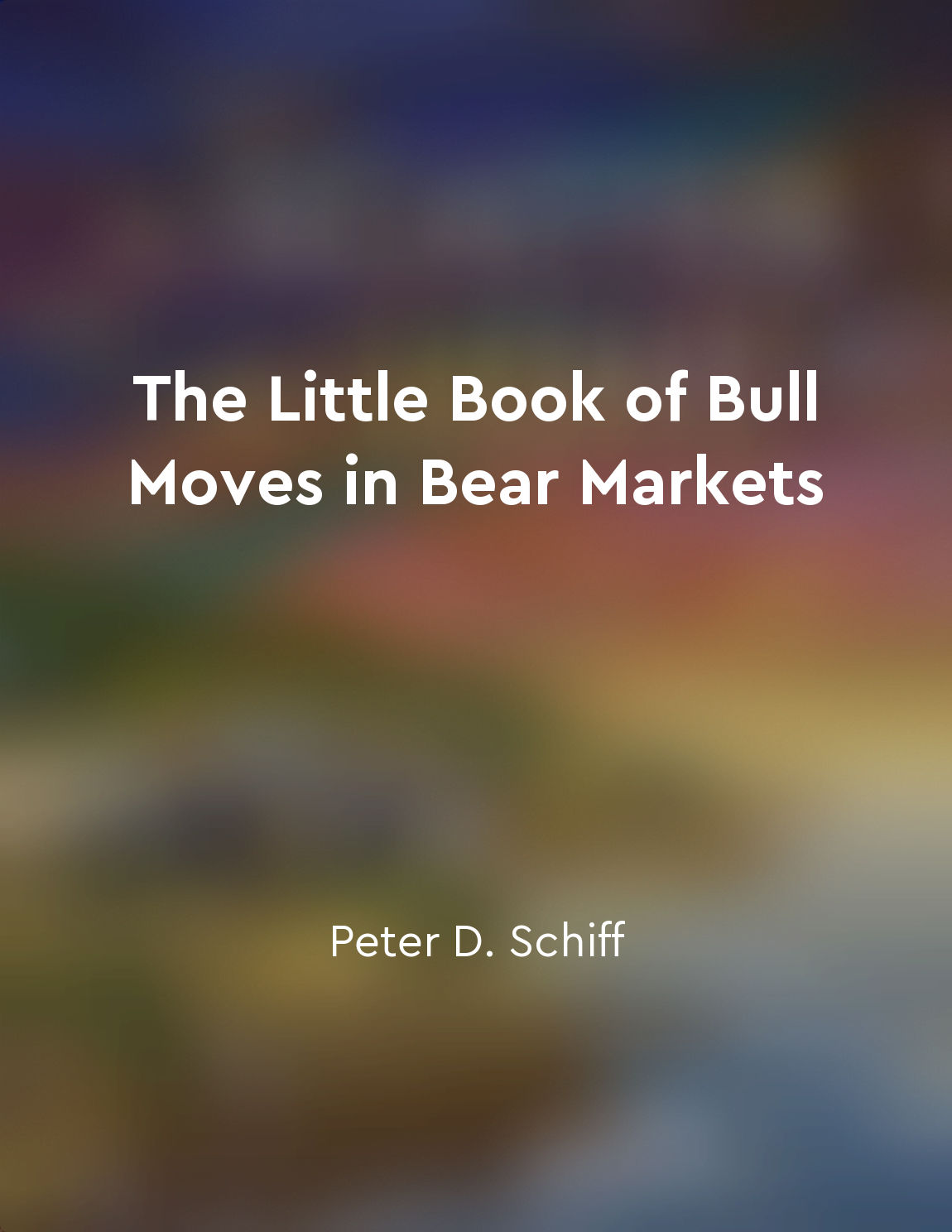Trust your instincts but also rely on data and analysis from "summary" of How to Day Trade for a Living by Andrew Aziz
When it comes to making trading decisions, it's crucial to strike a balance between trusting your instincts and relying on data and analysis. While your gut feeling can sometimes lead you in the right direction, it's essential to back up your intuition with concrete evidence. Emotions and intuition can cloud your judgment and lead to impulsive decisions that may not always be in your best interest. This is where data and analysis come into play. By thoroughly researching and analyzing the market trends, you can make informed decisions based on facts rather than emotions. Relying solely on your instincts can be risky, as they can be influenced by various external factors such as fear, greed, or even past experiences. In contrast, data and analysis provide a more objective and logical approach to trading. By studying charts, patterns, and statistics, you can identify potential opportunities and risks more accurately. This allows you to make more strategic and calculated decisions that are less likely to be swayed by emotions. However, it's essential to remember that data and analysis are not foolproof. While they provide valuable insights, they are not always 100% accurate. In some cases, your gut feeling may actually be more reliable than the data. In such situations, it's crucial to trust your instincts and use them as a supplementary tool to complement your analysis. By combining both intuition and data-driven analysis, you can develop a more well-rounded and effective trading strategy.- The key to successful trading lies in finding the right balance between trusting your instincts and relying on data and analysis. While your intuition can sometimes guide you in the right direction, it's essential to back it up with concrete evidence to make informed decisions. By leveraging both intuition and analysis, you can develop a more robust trading strategy that takes into account both emotional and logical factors.
Similar Posts
Building a wellrounded and diversified portfolio is key to long-term success
A successful investor understands the importance of not putting all their eggs in one basket. By diversifying their portfolio, ...
Focus on understanding the business rather than shortterm price fluctuations
Fisher emphasizes the importance of focusing on understanding the business itself rather than being swayed by short-term price ...
Ignore the noise of the market and stick to your plan
In the tumultuous world of investing, it is all too easy to get caught up in the frenzy of the market. The constant stream of n...
Consider the management team's track record
When evaluating an investment opportunity, it is crucial to assess the track record of the management team. This refers to the ...
Patience is key in the stock market
Patience is a virtue that every successful investor must possess. It is not enough to simply buy a stock and hope for the best ...

Market timing is difficult and often unsuccessful
Timing the market is a fool's errand, plain and simple. Many people believe they possess the clairvoyance required to predict w...
Learn to detach emotionally from your trades
One of the key principles that successful traders understand is the importance of detaching emotionally from their trades. This...
Avoid lifestyle inflation as income rises
As we progress in our careers, our incomes tend to increase. With this rise in income comes the temptation to upgrade our lifes...
Understand efficient market hypothesis
Efficient market hypothesis is a cornerstone of modern financial theory. It suggests that the prices of securities in financial...
Avoid market speculation and focus on longterm results
Market speculation can be a dangerous game for investors. It involves making bets on short-term price movements in the hope of ...


